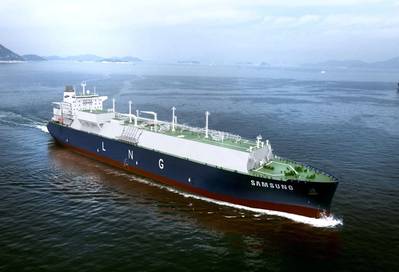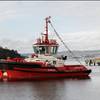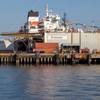Samsung Heavy, Bloom Energy Working on Fuel Cell-powered Ships
South Korean shipbuilding giant Samsung Heavy Industries (SHI) has signed an agreement with Bloom Energy, a provider of distributed power generation systems, to design and develop fuel cell-powered ships.
The two companies will work together to realize their vision of clean power for ships and a more sustainable marine shipping industry, Bloom Energy said in a statement on Thursday.
“By signing this joint development agreement, SHI has a plan to develop eco-friendly ships that will lead the future of the industry,” said Mr. Haeki Jang, vice president of shipbuilding & drilling sales engineering at SHI. “Our goal is to replace all existing main engines and generator engines with these highly efficient solid oxide fuel cells to align with the International Maritime Organization’s 2030 and 2050 environmental targets.”
SHI and Bloom Energy expect to present the design to potential customers in 2022. Following commercialization, the two companies anticipate that the market for Bloom Energy Servers on SHI ships could grow to 300 megawatts annually.
"This joint development work aligns with the International Maritime Organization’s mandate to meet emissions reduction targets by 2050. Because the fuel cells create electricity through an electrochemical reaction, without combusting the fuel, these ships would be able to improve air quality with a reduction of particulate emissions, including NOx and SOx, by more than 99 percent, and shrink carbon emissions," Bloom Energy said.
“The marine shipping industry has the ability to make a substantial impact on emissions and air quality at ports and across our planet,” said KR Sridhar, founder, chairman and CEO of Bloom Energy. “We see a collaboration with one of the world’s largest shipbuilders, SHI, as a moment to make measurable strides in reducing emissions and extending our mission for clean, reliable energy to the seas.”
The joint development agreement between SHI and Bloom Energy follows an Approval in Principle for fuel cell-powered Aframax crude oil tankers from DNV GL, announced in September 2019. The next class of ship to be submitted for design approval is the LNG carrier.














